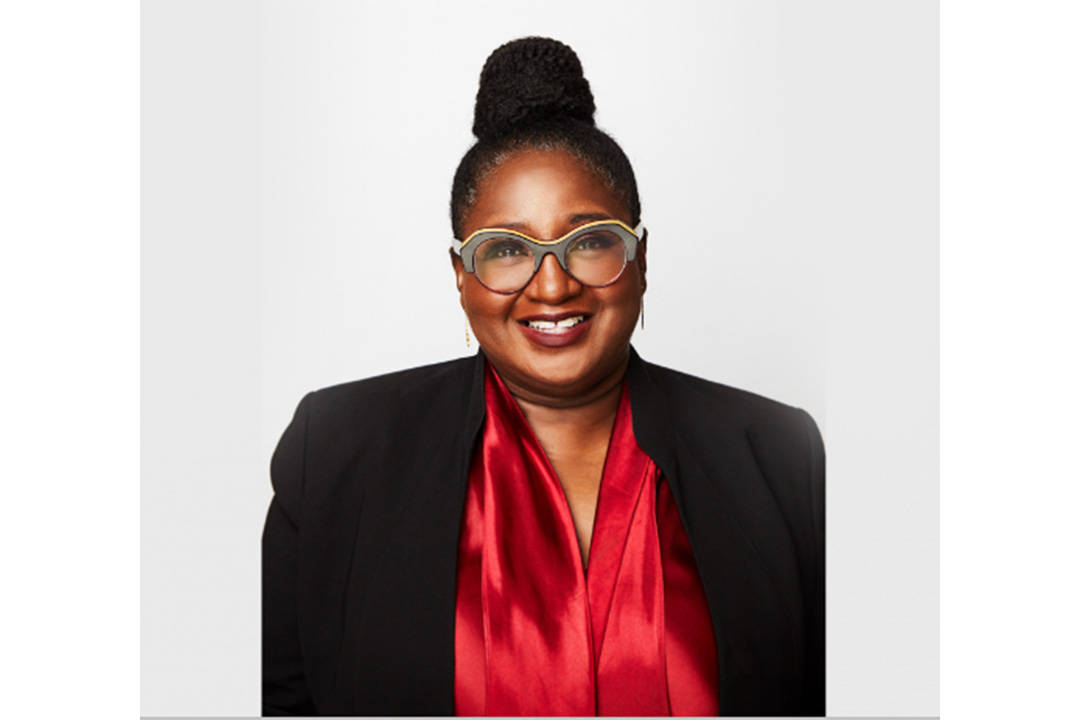For 30 years, Notisha Massaquoi — an assistant professor in the Department of Health and Society at UTSC — has researched the impacts of anti-Black racism on Black Canadians’ healthcare. In March, U of T’s Black Research Network — an initiative launched in 2021 that aims to promote the visibility and success of Black researchers from various disciplines — awarded her the Connaught Major Research Challenge for Black Researchers, providing her $250,000 for her research.
The Varsity spoke with Massaquoi about her research and what the Connaught award means for the future of her work.
The Varsity: How did you end up focusing on this field of study?
Notisha Massaquoi: Prior to U of T, I spent 30 years in the healthcare system. Twenty-two of those years were at Women’s Health In Women’s Hands Community Health Centre [a Toronto-based centre serving women of colour]. I became interested because I was seeing huge health disparities for Black community members.
The differences in health shouldn’t be so great when you live in a country with universal healthcare. It forced me to start thinking about why we were seeing such great health differences and why our health system was not responding appropriately to provide resources for Black communities.
TV: You were the executive director of Women’s Health In Women’s Hands. How has that shaped your research into primary health care access? What was your experience like working there?
NM: It absolutely shaped my research. You’re providing health services for a specific population, and you’re seeing members of this population show up everyday with the same health conditions and no research to tell you why.
We decided to start conducting our own research at the centre because we couldn’t find researchers interested in this population. We got our friends and colleagues to work with us and teach us how to do community-based research, then we developed our own research program.
TV: What are some of the disparities felt in Scarborough? Have they gotten better or worse over time?
NM: When I came to UTSC three years ago, I saw that Scarborough has one of the largest Black populations in Canada. I know there are limited services here that are specific to Black and racialized communities. I founded the Black Health Equity Lab, a research lab at UTSC whose purpose is to look at health disparities, particularly in local communities, as well as health solutions and programs that we can put in place.
Unfortunately, [health disparities are] not getting better. The Black community in Scarborough has one of the highest rates of HIV [among] Black women in particular. One of the first projects I’ve developed is an HIV program to provide service to Black people who are newly diagnosed with HIV in Scarborough.
If you test HIV positive, you have to travel downtown for an HIV specialist. We asked ourselves, what if we could have that service in Scarborough, where people are close to home, and could receive quality care that is culturally and racially appropriate?
The immigrant refugee populations, particularly Black and South Asian immigrants and refugees, have the highest rates of diabetes and stress-related illnesses like hypertension and heart disease, as well as high rates of mental health issues, particularly depression and anxiety. These things show up in Scarborough, but we have limited resources that are specific to serve those populations.
TV: How has your research impacted students? What are their contributions to your work?
NM: I want students, particularly racialized students, to understand that they shouldn’t be immobilized by a system that is not set out to support them. The academic system is not the greatest when it comes to the support of racialized students.
Most of the students who enter the lab have zero research experience. I don’t look at transcripts, I don’t know what their marks are. I do know that they’re really committed and excited. They want to be a part of doing research. It’s not easy work, but you try to remove all the barriers that kept Black and racialized students out of research opportunities at an academic level.
The other thing is providing them with a community of support. If you’re learning alongside peers who are also really committed to the populations we serve, you’re going to be more successful. They can actually take part in changing their personal, family, and community circumstances. It’s really empowering.
TV: You have been given a $250,000 award to advance your research. What does the Connaught award mean to you, and how will it contribute to your further research endeavours?
NM: To receive it very early in my career was very exciting, scary, and overwhelming. It really allows me to create a bigger community of Black researchers and community members who are all dedicated and trying to figure out how we can best develop a research agenda and research program to change the health disparities that Black communities are experiencing.
The grant allows me to bring together some of the best minds at U of T, researchers who are interested in Black health equity from different departments across the university. We have 15 researchers that I will be bringing together to collaborate on a series of research studies.
The Connaught lets us put infrastructure in place to support our research. It allows us to create a community advisory committee, interview members of the Black community, and bring together community leaders of Black organizations. We’re not just doing research in a vacuum. We’re doing it in partnership with people who already have expertise in the Black community.
This interview has been edited for length and clarity.



No comments to display.